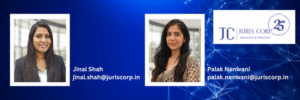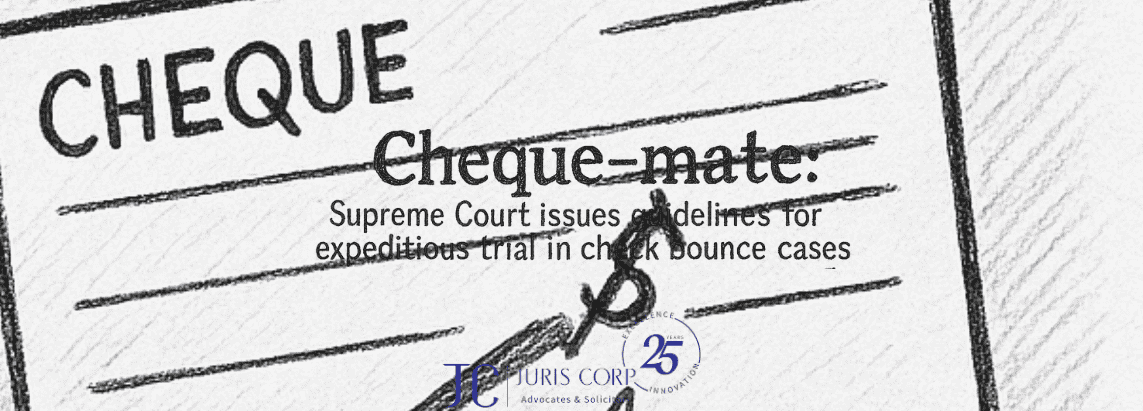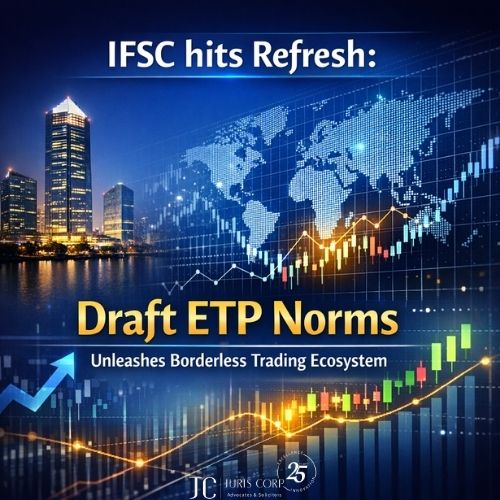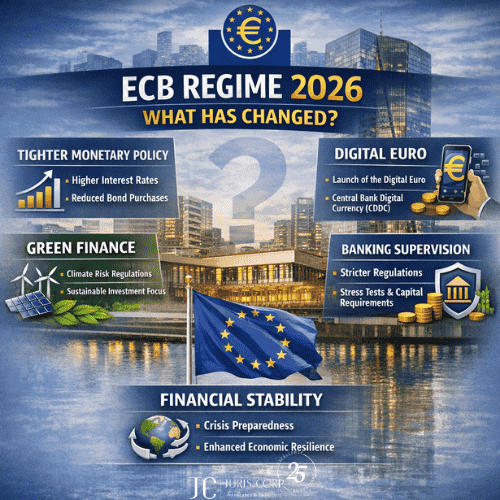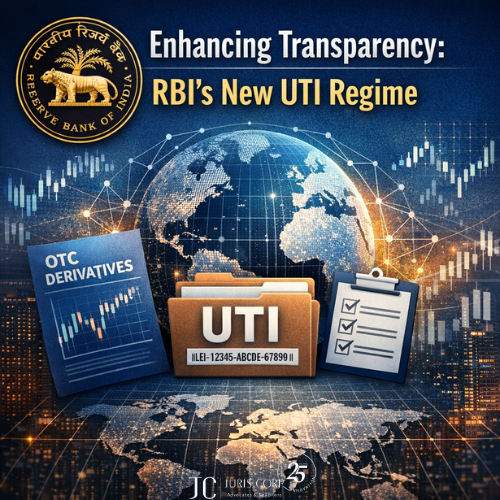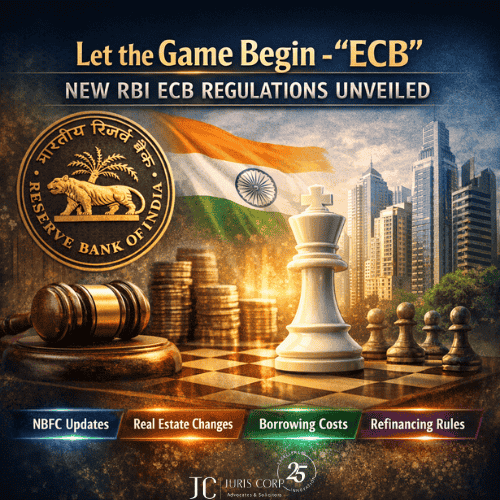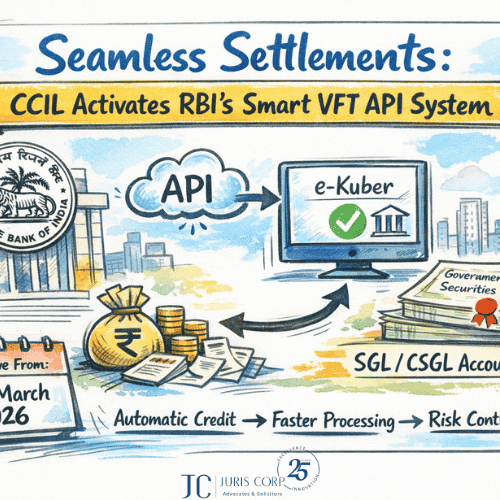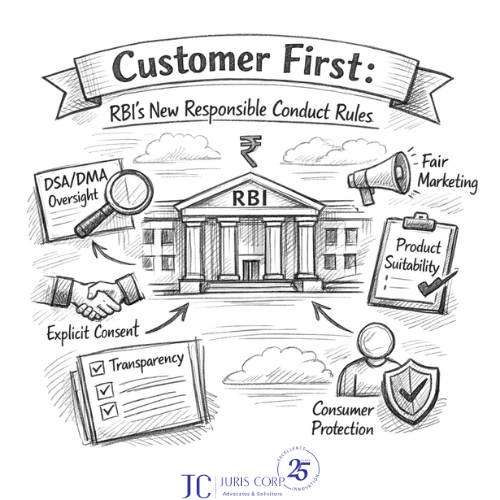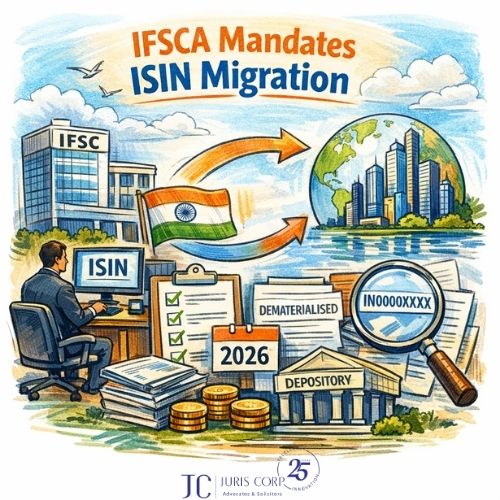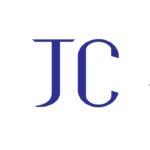Brief Overview:
In a vital and overdue move to reduce case delays & backlogs, the Supreme Court of India (“Indian Supreme Court”) has issued guidelines to accelerate cheque bounce trials. The Court clarified that summons before cognizance are not compulsory and streamlined the process to facilitate quicker disposal and relief for complainants.
Technical Details:
To put an end to the massive backlog of cheque bouncing cases, the following guidelines are issued by the Indian Supreme Court:
1) Dasti Service: Complainant to serve summons personally to accused, along with court service.
2) Accused’s Contact Details: Complainant must file accused’s email, mobile/WhatsApp, with affidavit verifying authenticity.
3) Affidavit of Service: Mandatory; false affidavits attract penalties.
4) Online Payment Facilities: Secure QR codes/UPI links for quick settlement.
5) Interim Deposit: Courts to order early interim payment where appropriate.
6) Personal Appearance: Exemptions only if justified; pre-summons hearings allowed via digital courts.
7) Compounding: Courts may suggest settlement if accused willing to pay.
8) Monitoring: Mandatory dashboard and quarterly reports on case pendency to High Courts.
9) Administrative Committee: Chief Justices of Delhi, Bombay, Calcutta to monitor case disposal.
10) Pecuniary Limits: High Courts to ensure realistic cheque amount limits.
11) Summons at Pre-cognizance: Being a special law, the NI Act does not require summons at the pre-cognizance stage.
Takeaways:
In a strong step toward restoring faith in financial instruments and reinforcing the credibility of the justice system, the Indian Supreme Court has come up with guidelines to fast-pace cheque bounce matters.
For further details, please see:
Sanjabij Tari vs Kishore S. Borcar & Anr Criminal Appeal No. 1755 of 2010
For any queries/clarifications, please feel free to ping us and we will be happy to chat: